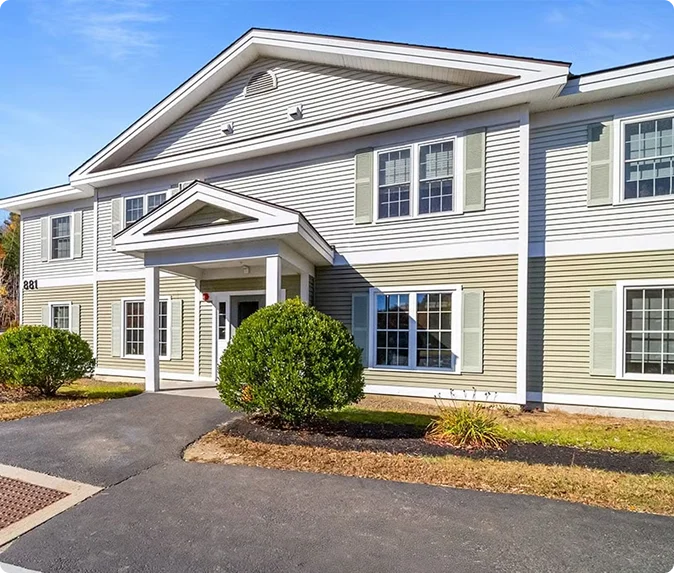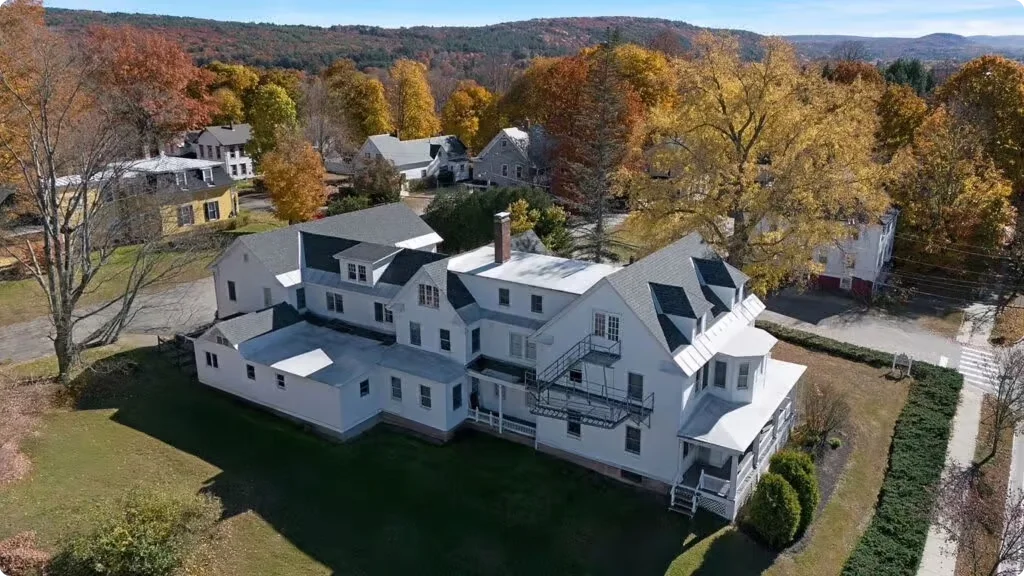Home / Conditions / Depression
Depression Treatment at Live Free Behavioral Health
Depression affects how you think, feel, and function, but effective treatment can change that. At Live Free Behavioral Health in New Hampshire, we offer evidence-based care plans tailored to your needs and backed by clinical expertise.
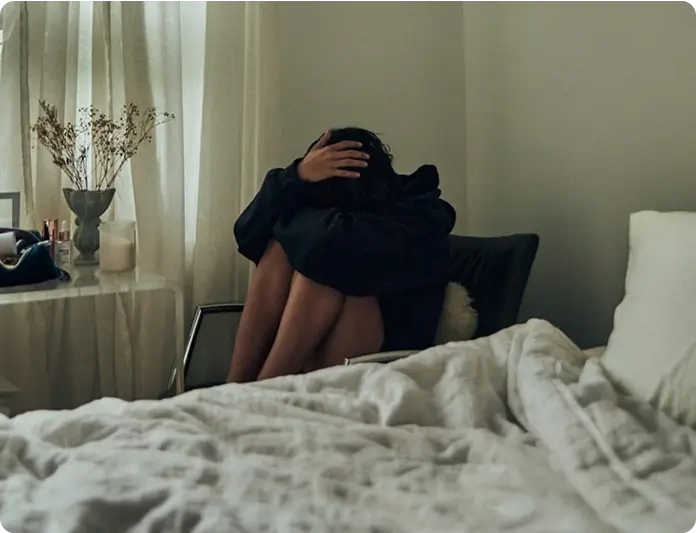
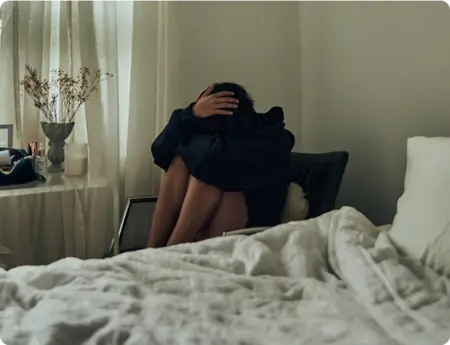
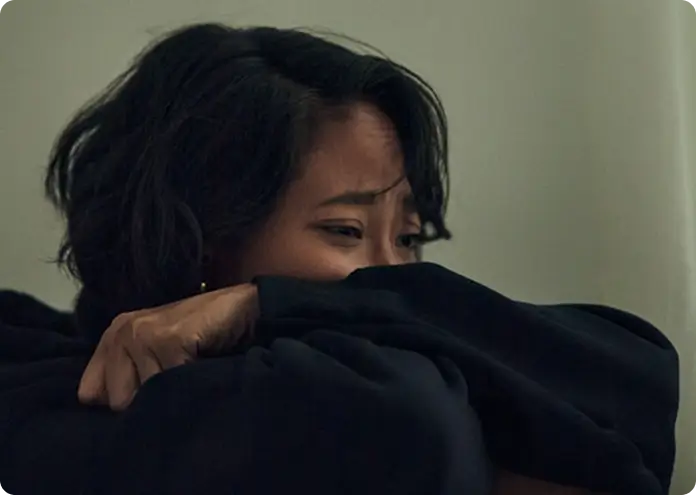
Understanding Depression Treatment
Depression is a serious mental health disorder that impacts your daily life. More than a temporary feeling of sadness, it can quietly disrupt your relationships, work, and energy. In the US, millions face this reality every day, making effective, accessible care more important than ever.
Living With a Depressive Disorder
Living with depression can feel like you’re moving through life in slow motion. It takes effort to get out of bed, joy can feel out of reach, and small tasks leave you drained. Sleep, eating habits, mood, and motivation all shift. It also often feels like an invisible struggle. If this sounds familiar, professional help may be the next step you need.
Depression Facts and Statistics: You Are Not Alone
- Roughly 21 million US adults experienced at least one major depressive episode in the past year. (NIMH, 2023)
- 15% of teens aged 12–17 have dealt with major depression. (Mental Health America, 2023)
- 12% of teens and nearly 5% of adults have seriously considered suicide. (USAHS, 2024)
- Globally, it’s estimated that 280 million people are living with depression. (WHO, 2023)
Treating Depression at Live Free Behavioral Health
At Live Free, depression treatment represents more than a diagnosis. We build real relationships, listen carefully, and match care to your needs. Whether you need full-time support or outpatient options, our team is here to guide you.
Families are involved from the very beginning. With consent, we share updates, offer resources, and include loved ones in therapy sessions. Your healing is stronger with support.

Types of Depression We Treat
Depression shows up in many forms. We tailor our treatment to match the specific type and severity of your condition, creating care plans that reflect your personal experiences.
Major Depressive Disorder (MDD)
MDD causes ongoing sadness, less interest in daily life, and low energy that lasts for weeks or months.
Persistent Depressive Disorder (PDD)
Also called dysthymia, PDD is a chronic form of depression that lingers for two years or more.
Seasonal Affective Disorder (SAD)
This type of depression only appears at certain times of year, usually in winter, and is linked to reduced sunlight.
Postpartum Depression
PPD affects some women after childbirth and may involve sadness, exhaustion, or feeling disconnected.
Atypical Depression
This kind of depression has mood shifts and symptoms like increased appetite, sleep, and sensitivity to rejection.
Creating Your Individualized Treatment Plan
Depression shows up in many forms. We tailor our treatment to match the specific type and severity of your condition, creating care plans that reflect your personal experiences.

Cognitive-Behavioral Therapy (CBT)
CBT helps you to challenge negative thought patterns and build healthier responses.
Dialectical Behavior Therapy (DBT)
DBT supports emotional regulation, mindfulness, and more beneficial coping strategies.
Medication Management
We provide careful medication evaluation and monitoring for antidepressants, tailored to your unique needs.
Holistic Nature-Based Therapies
We incorporate movement, mindfulness, and nature through activities like yoga and time outdoors.
Our Admission Process
Getting started is easier than you think. We’ve designed our admissions process to be fast, respectful, and stress-free. From your first call, we’re here to support and guide you.
Call or complete our online form
Connect with an admissions coordinator
Complete your private assessment
We determine which level of care suits your needs
We verify insurance and explain the next steps
You receive your admission date and packing info
Our team is available 24/7 to answer questions or talk things through.
Patient Reviews
Discover what our clients have to say about their journey with us and how we’ve helped them achieve lasting change.
Thank you to all the staff at live free residential for helping me get to where I am now. I am so appreciative to them helping me jump start my life. They have amazing counselors and staff who helped me with all my aftercare needs. I am so grateful for this program!!!!!!
This place is awesome! The staff is great! They’re caring, compassionate, and empathetic. They treat each resident individually to meet each of their needs. 24 hr nursing staff helps with each residents detox needs. They also help with after care plans and placement back into the community. Peers also are very supportive to eachother, I highly recommend live free recovery to anyone looking for help with addiction.
The facility and staff were extremely helpful and accommodating with my detox. It was a calm environment and the nurses were always available to meet whatever needs I had to help me transition. I would highly recommend coming here if you are looking for help with any addiction.
Ready to Reclaim Your Life? Contact Our Care Specialists
You don’t need to wait until you’re at your lowest. A quiet chat with one of our specialists could be the first step out of the dark. We’ll walk beside you, offer support, and build a plan that brings light back in. Call or message us today.
Get In Touch
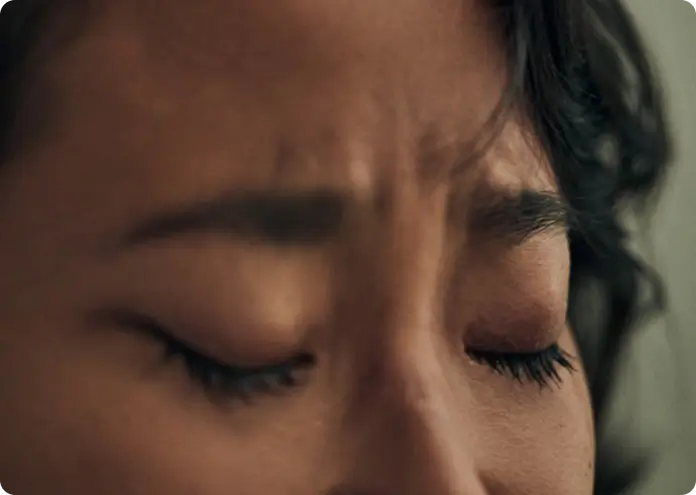
What Causes Depression?
Depression can develop from a mix of biological, emotional, and life factors. Some examples include:
- Family history
- Brain chemistry imbalances
- Trauma or grief
- Chronic illness or pain
- Substance use
- Long-term stress
Signs Of Depression
Constant sadness or hopelessness
Fatigue, even after rest
No interest in hobbies or social time
Trouble focusing or thinking clearly
Eating more or less than usual
Trouble sleeping or sleeping too much
Deep feelings of guilt or shame
Thinking about death or self-harm
Withdrawing from family or friends
Irritability or restlessness
What Happens When Depression Goes Untreated?
Without treatment, depression can intensify and become harder to manage. It could lead to health issues, lost jobs, damaged relationships, or dangerous coping habits. In some cases, it even raises the risk of suicidal ideation. Early intervention can prevent long-term consequences, offering hope and a path to recovery.
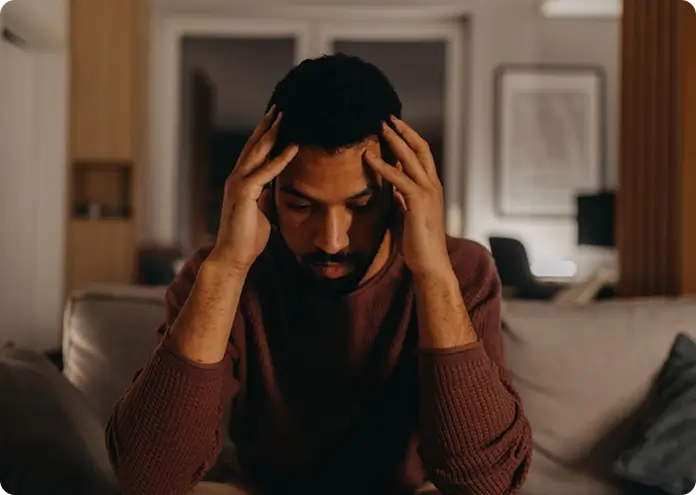
FAQs on Depression Treatment
How long does depression treatment take?
There’s no fixed timeline for depression treatment. Some people see improvement quickly, others need more time. We pace care around your needs.
Do I have to take medication?
Medication isn’t always necessary when treating depression. Many people benefit from therapy alone. We’ll talk through all options and help you choose what feels right.
Is depression the same as feeling sad?
Not quite; sadness is a normal emotion, part of life. Depression is a persistent condition that affects your daily functioning, often without a clear reason.
Can depression go away on its own?
While some people might have brief depressive episodes that resolve themselves without treatment, clinical depression often requires professional help.
Our Mental Health Resources
Get to know our experienced staff members who bring both clinical expertise and personal insight to the recovery journey.
See published content about our innovative approach to treatment and our impact in New Hampshire communities.
Access helpful tips and expert-backed mental health information. Explore insights into different conditions and advice for ongoing recovery.
